Top billed cast
Mahfouz Abu Turkself
Similar to Shattered Memory
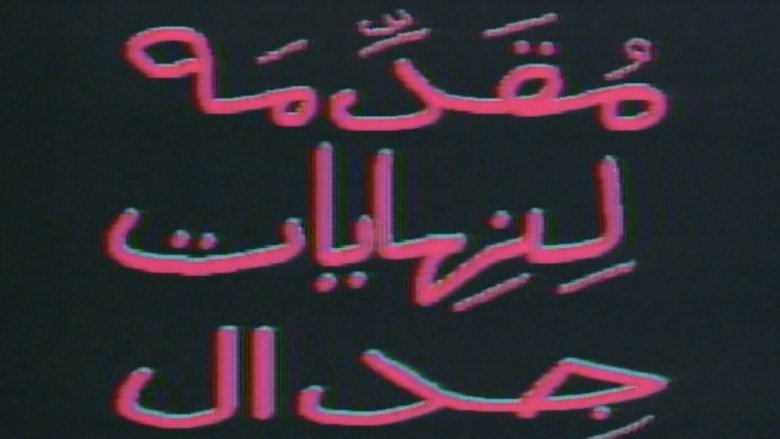
Introduction to the End of an Argument (1990)
This highly kinetic tableaux of uprooted sights and sounds works most earnestly to expose the racial biases concealed in familiar images. Relying on valuable snippets from feature films such as "Exodus", "Lawrence of Arabia", "Black Sunday", "Little Drummer Girl", and network news shows, the filmmakers have constructed an oddly wry narrative, mimicking the history of Mid East politics.
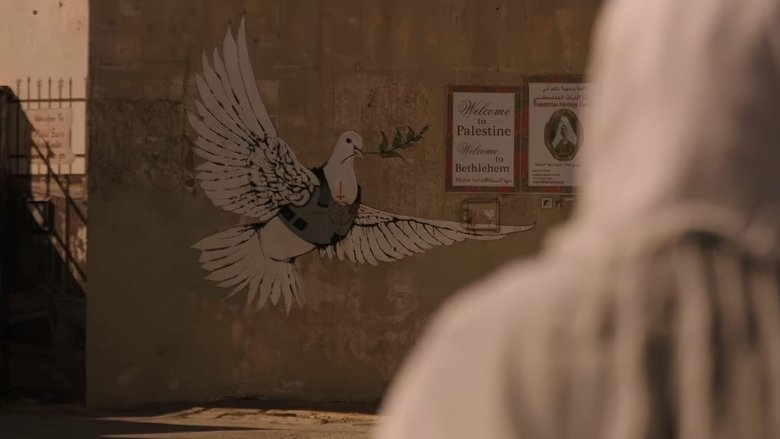
Where Olive Trees Weep (2024)
Where Olive Trees Weep offers a searing window into the struggles and resilience of the Palestinian people under Israeli occupation. It explores themes of loss, trauma, and the quest for justice.
Palestine - Denmark, Same Struggle (1972)
This film analyzes the economic interests underpinning the conflict between Palestinians and Israelis, with a particular focus on the influence of international oil interests in the region. The analysis found here is inspired by the writings of the Palestinian writer and journalist Ghassan Kanafani.
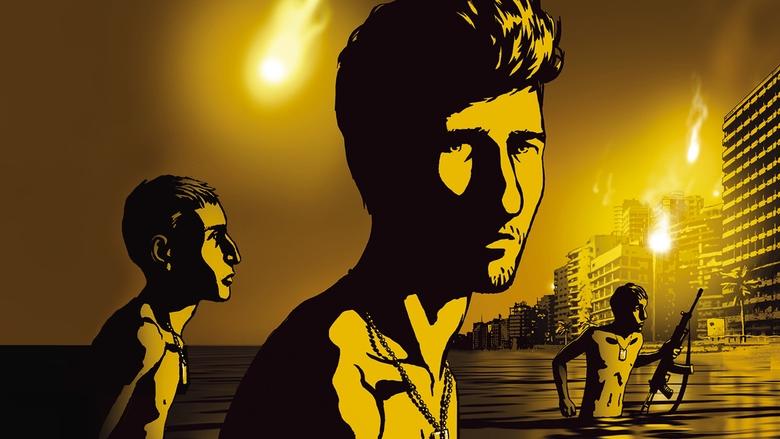
Waltz with Bashir (2008)
An Israeli film director interviews fellow veterans of the 1982 invasion of Lebanon to reconstruct his own memories of his term of service in that conflict.
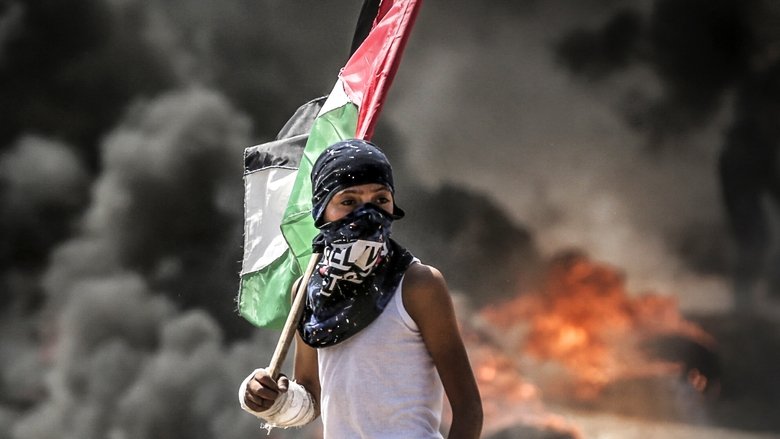
One Day in Gaza (2019)
How mass protests on the Israel-Gaza border led to one of the deadliest days in a generation. One year later, a moment-by-moment investigation, drawing on exclusive interviews in Gaza and Israel and videos of the protests and bloodshed.
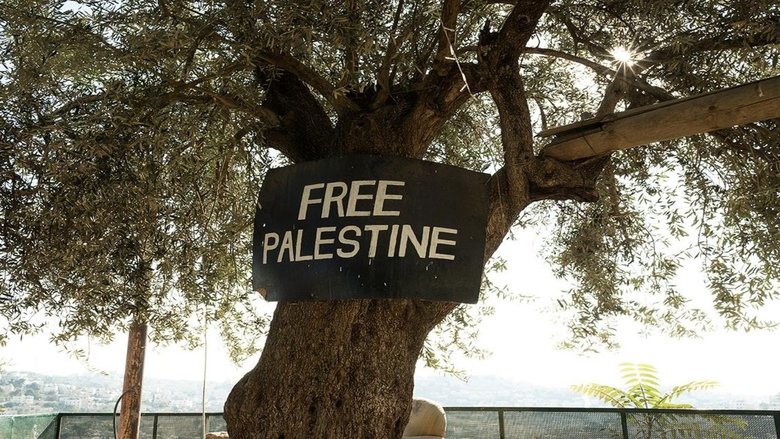
Roots of Resistance (2017)
Olive trees have been a key element of life for populations in Palestinian land for generations. Since the creation of the state of Israel, historical inhabitants and trees face the uproot of their lives and culture. This documentary shows popular struggles in occupied Cisjordan through the testimonies of Palestinian families and the activists that protect them during olive harvest.

Let It Bring Hope: Bohemians v Palestine (2024)
A documentary on the historic first-ever visit of a Palestinian National team to Europe, following the Palestinian women's team as they arrive in Ireland to a heroes' welcome and play a solidarity friendly against Bohemian FC on May 15th, 2024. The sold-out match marked the 76th anniversary of the Nakba and highlighted the ongoing genocide and human rights violations happening every day in occupied Palestine. It was one of the most emotional and important games ever held at Dalymount Park in its long and storied history since 1901, and the event raised over €100,000 for three Palestinian humanitarian organizations.
Bil'in Habibti (2006)
The Israeli filmmaker Shai Corneli Polak records the building of the 'security wall' through Palestinian territory at the village of Bil'in. The villagers protest mostly peacefully, while the Israeli army doesn't react peacefully. By now the Israeli High Court has ruled that the building of the wall was illegal.

Walsall Pact
A fringe communist party struggles to entrench itself within a pro-Palestinian encampment at a British university. Meanwhile, in 1967, the New Left grapples with an unconvinced public.
Rule of Stone (2024)
Rule of Stone is a documentary film that exposes the power of architecture and the role it has played – aesthetically, ideologically and strategically – in the creation of modern Jerusalem after the 1967 war.
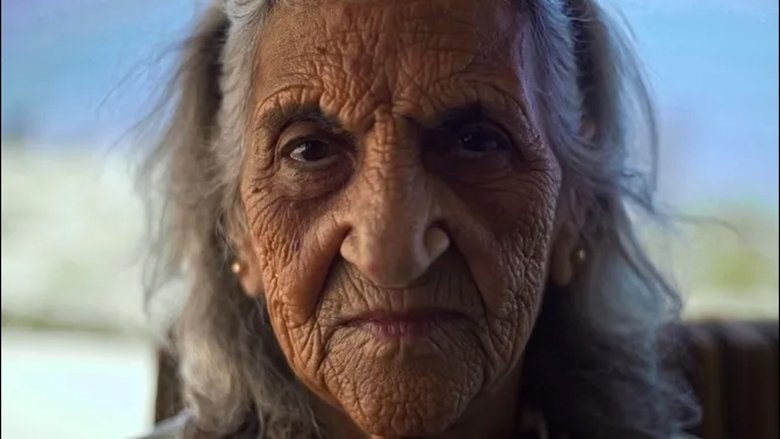
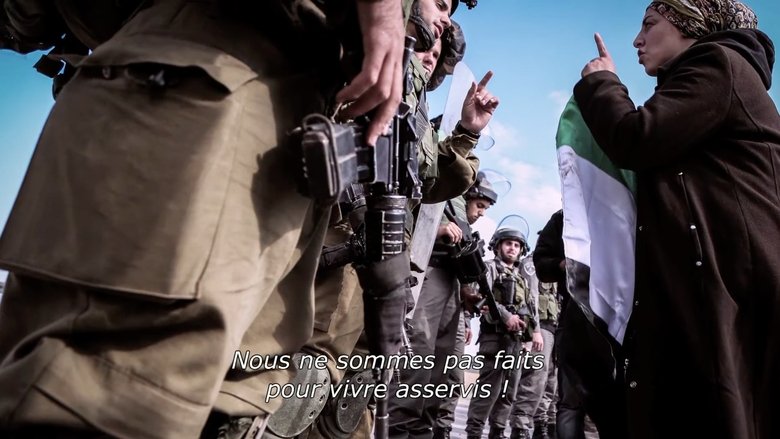
Memory of the Cactus (2008)
A 42 minute documentary film that combines the cactus and the memories it stands for. The film addresses the story of the destruction of the Palestinian villages of Latroun in the Occupied West Bank and the forcible transfer of their civilian population in 1967. Over 40 years later, the Israeli occupation continues, and villagers remain displaced. The film follows two separate but parallel journeys. Aisha Um Najeh takes us down the painful road that Palestinians have been forcefully pushed down, separating them in time and place from the land they nurtured; while Israelis walk freely through that land, enjoying its fruits. The stems of the cactus, however, take a few of them to discover the reality of the crime committed.
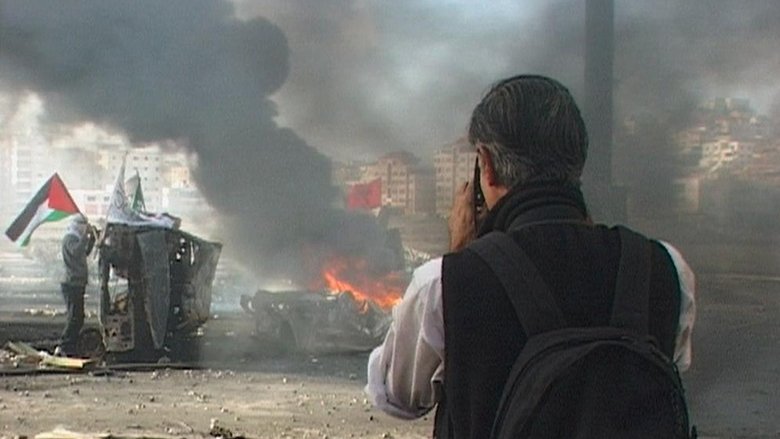
War Photographer (2001)
Documentary about war photographer James Nachtwey, considered by many the greatest war photographer ever.
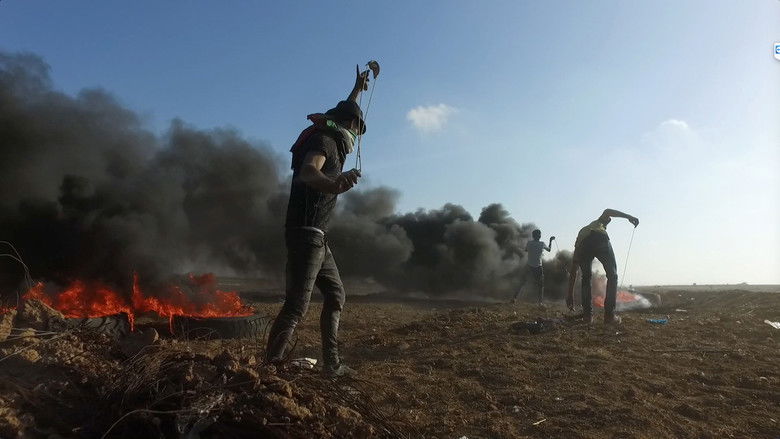
Gaza Fights for Freedom (2019)
Gaza Fights for Freedom depicts the ongoing Great March of Return protests in the Gaza Strip, occupied Palestine, that began in 2018.
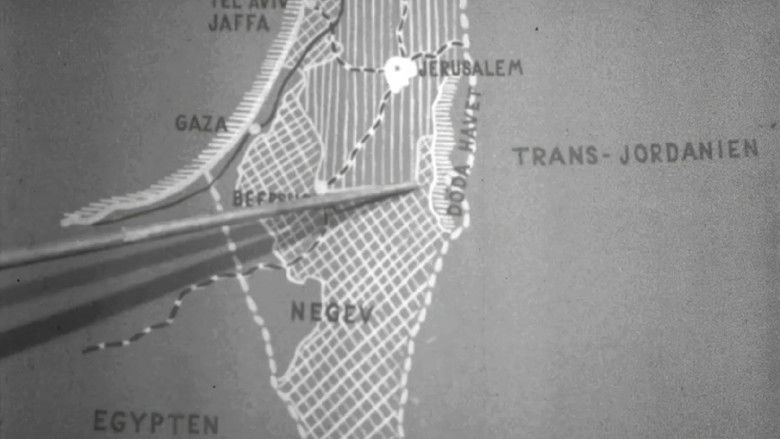
Israel Palestine on Swedish TV 1958-1989 (2024)
In the years 1958 – 1989, public service monopolies prevailed in Sweden and SVT's reporting from Israel and Palestine was unique. Their reporters were constantly on site in the war-torn area, documenting everything from everyday stories to major international crises. This extensive material is the basis for archivist Göran Hugo Olsson's (Black Power Mixtape 1967-1975, about violence/Concerning Violence) latest film in which images of the rise of the Israeli state are interspersed with Palestine's freedom struggle.
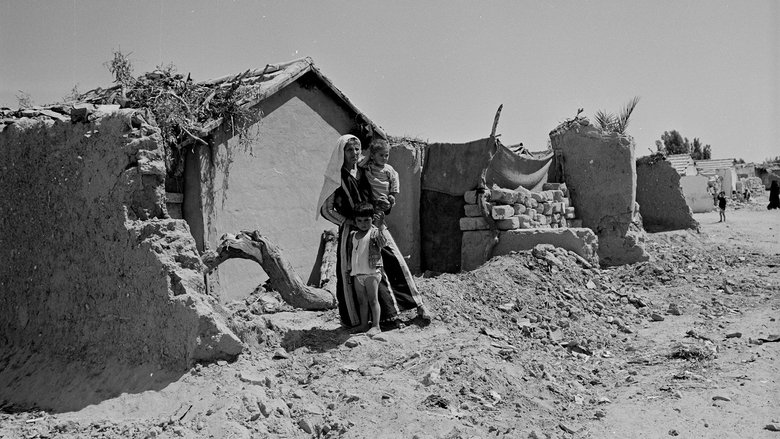
Occupation 101: Voices of the Silenced Majority (2006)
A thought-provoking documentary on the current and historical causes of the Israeli-Palestinian conflict and U.S. political involvement.
On Borders (2002)
In this documentary road movie, filmmaker Danielle Arbid tries to conjure up an image of the country that is called Israel or Palestine.
Wrestling Jerusalem (2016)
Writer-actor Aaron Davidman embodies seventeen different characters in and around the sacred city of Jerusalem as he takes us on an eye-opening journey into the heart of the Israeli-Palestinian story. Exploring universal questions of identity and human connection, the film is about one man's effort to embrace a multiplicity of conflicting viewpoints, chronicling a brave exploration of the complex humanity at the heart of one of the world's most troubling conflicts.
Mea Culpa (2024)
Lies and guilt are at the core of Patrick’s relationship with his mother Randa. Over the years, he has collected their audio messages and video calls, transforming them into a portrait of her life in Lebanon and his own in Belgium. This very intimate yet social piece reveals a complex relationship marked by the distance between the two characters and shows what one may experience as a homosexual migrant. By turns moving, provocative, and hilarious, Mea Culpa questions the links between national and sexual identities for a young Palestinian migrant.